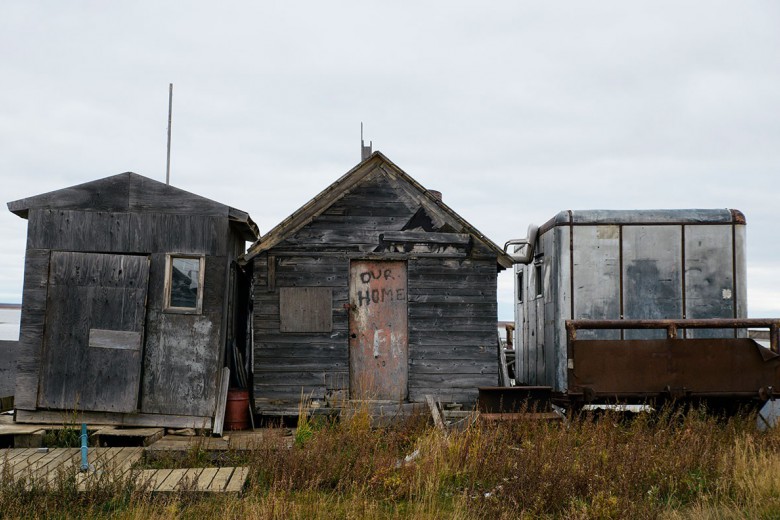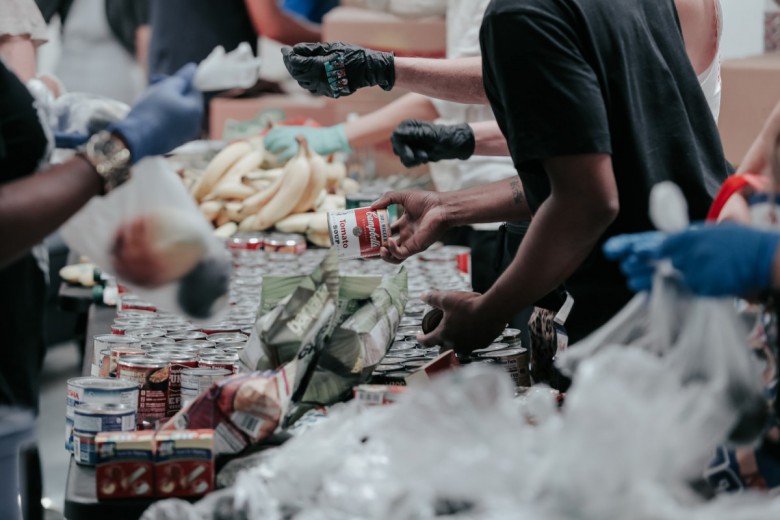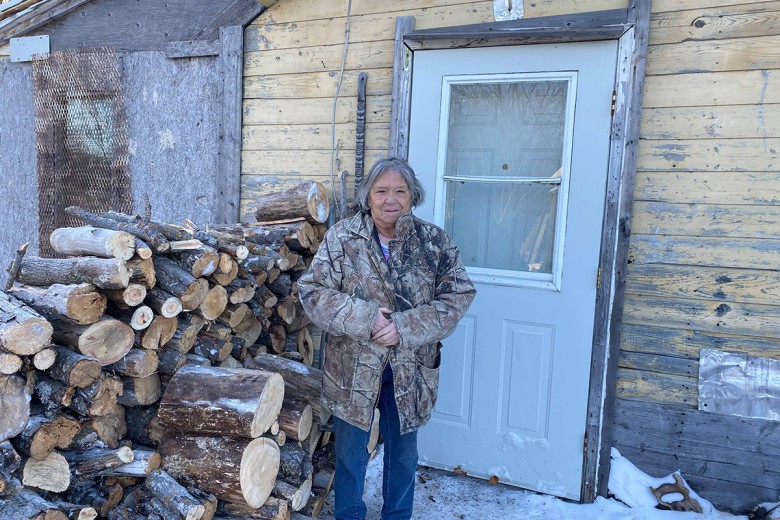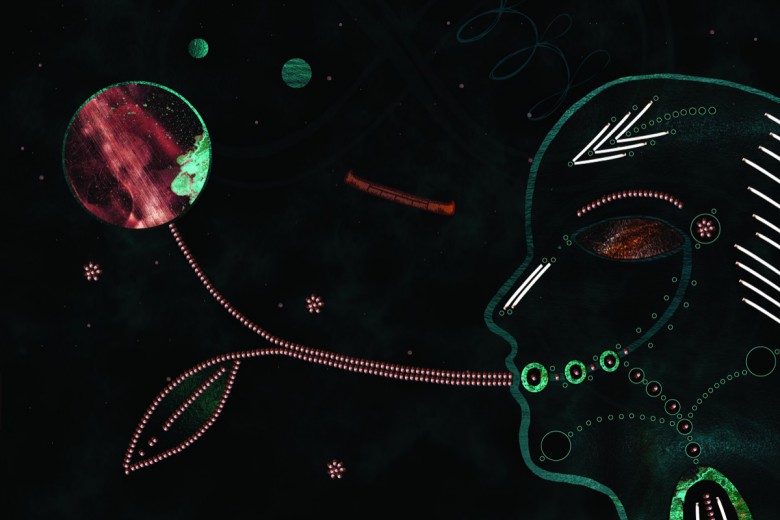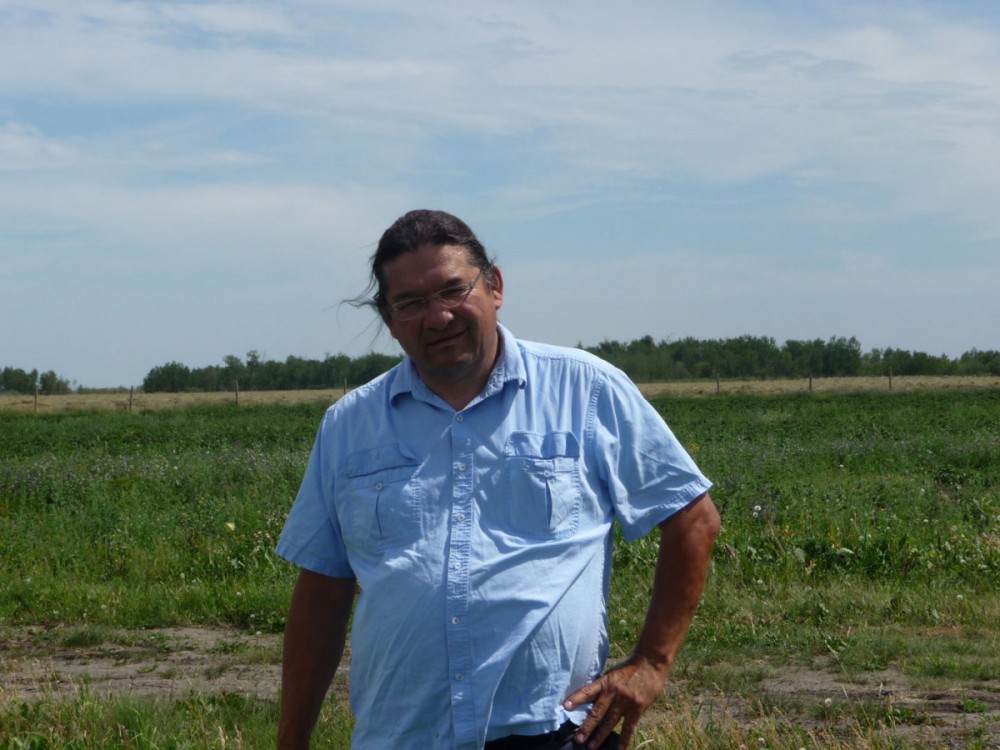
When I first met Indigenous activist, writer, and economist Winona LaDuke a few weeks ago, I chattered non-stop, all flushed cheeks and nervous laughter. Her work was my introduction to the argument that food systems are colonized – controlled by historical and contemporary governments that have made decisions for Indigenous people, though not in our best interests. Indigenous peoples were stripped of our power to harvest food, to defend the land, and even to practise our languages.
I grew up next to a large prairie field, a place that comforted and amazed me. As a child, I took to these fields in times of distress, when I felt my ancestors’ stories rattling in my bones, their traumas from residential school directly affecting me.
It took returning to the land to learn how to heal. I went back to school to pursue a master’s degree, determined to learn about the land and build knowledge about the good in our communities. I studied Indigenous food sovereignty, a critical practice that builds a resurgence of Indigenous culture, helping people connect to place and food, and recovering what has been lost through colonization.
It is crucial that Indigenous people determine our own food systems. Historically, the decline of the bison across the prairies meant our people were disempowered. Moved onto marginal lands, we were promised rations – flour and pork, for instance – to feed starving people. But not only were the rations tightly controlled, they were often rancid and contaminated, killing off our communities. Similar tactics were used in residential schools, where children were malnourished and, in some cases, starved. These stories and other deliberate attempts to erase our people aren’t often talked about.
Knowing about weaponized hunger, I decided to take to the fields again, this time as a researcher. For three years, I travelled throughout the prairie provinces and into British Columbia, listening to stories and watching hands at work. I met communities harvesting food and protecting our lands while revitalizing our languages. I joined in, too, where I could. In Muskoday First Nation, I weeded for the Muskoday Organic Growers Co-op. Elders and knowledge keepers started this food co-operative 10 years ago, when it amounted to 10 local families growing potatoes, but it has since become so much more.
For Joe Munroe, a Grandfather with the co-op, “it’s an attempt by us in Muskoday to find a way to rebuild our local food system based on Indigenous foods, foods that are right for our bodies. And to do it in such a way that we create sustainable livelihoods out of it.” With the understanding that the introduction of white flour, sugar, and lard has been linked to the growth of diabetes in Indigenous communities, the co-op puts Indigenous foods – vegetables and berries – back into our bodies.
As Indigenous people, we carry our history with us in all that we do. Rebuilding a food system means respecting the land as our provider and teacher. Keith Hunter, who co-owns the harvesting organization First Nations Wildcrafters on Vancouver Island, says that looking to our history means caring for the land. “Our first priority in our decision-making tree is: Are you good to the forest? Is it actually going to help the land? Does it help the land? Not just impact it, but help it?”
I spent time with Douglas Hart in Manitoba learning about the Nelson House Country Foods Program. The program harvests and distributes wild berries, fish, and meat for the community. “We are supposed to look after the elderly,” Hart explains. “People who can’t hunt, 55-plus. It’s not only the Elders. We do it for the whole community, infirm, people who are not making enough money. They usually come and get their stuff here.”
So what does this have to do with Winona LaDuke? These are all of the stories I wanted to share with her the day that I met her. I wanted to say: I am trying to learn and practise the food traditions of my Cree ancestors because I believe in this crucial work.
We need to first acknowledge the unpleasant truths about the harm that’s been inflicted on Indigenous food systems. We also need to encourage stories of reclamation in Indigenous communities. Food is a powerful theme, because it is connected to everything. Having a role model like LaDuke, who defends our land-based food systems, propels me to seek out and share other good news stories, in order to inspire other communities and organizations in working toward food sovereignty.


